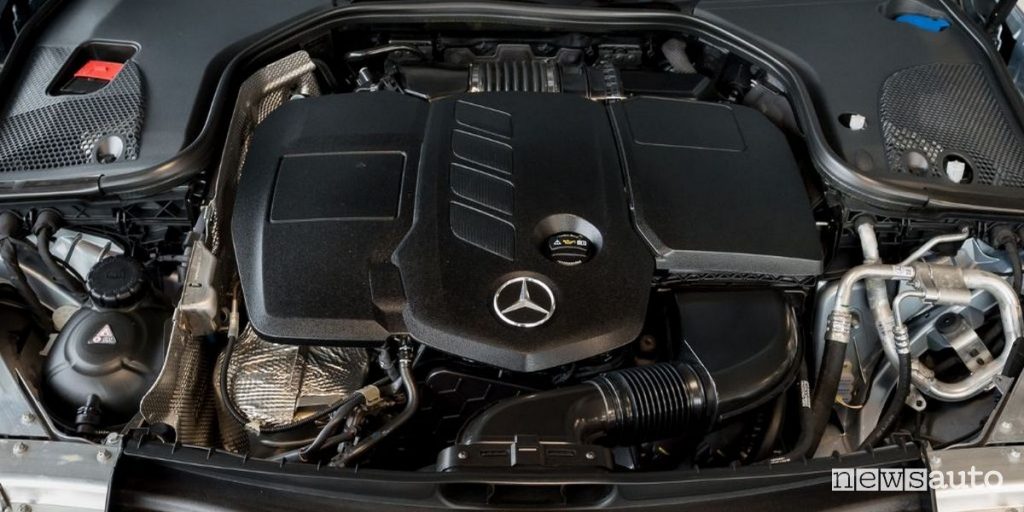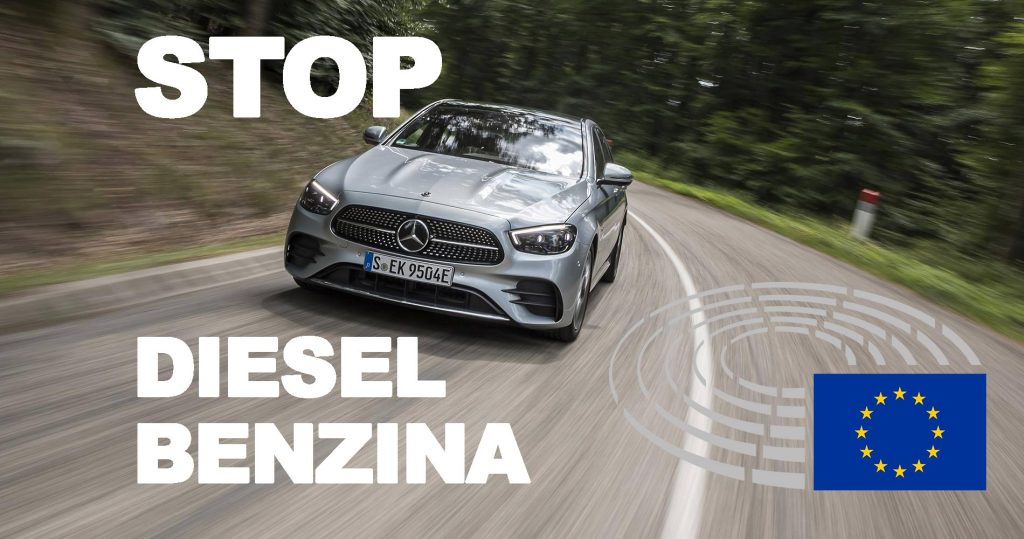Mercedes-Benz has scaled back growth expectations in the electric vehicle market and has decided to continue develop internal combustion engines. Market signals they are not encouragingwith the volumes of electric cars they represent just over 15% of sales in Europe. These volumes are supported by generous government incentivessuch as bonuses and tax discounts, which in the case of Germany, are in the process of being reduced. This situation is pushing not only Mercedes, but also other major automotive brands, to reconsider future strategies.
Mercedes stop electric cars?
Mercedes-Benz he scaled back his expectations on growth in the electric vehicle market based on what it communicated during the day dedicated to the publication of the results for the 2023 financial year.
The German brand therefore seems to have changed course and has revised its objectives by halving them, or rather aims to have by 2030 a mix of 50% of electrified vehicles (including hybrid hybrids) and no longer the 100% as he announced in 2021.
Why Mercedes is slowing down on electric cars
This change confirms the importance indicated in 2021 to satisfy the different needs of customers until 2030, including that part of the market that may not switch to electric. During the conference call on the 2023 financial results, the CEO Ola Källenius underlined that Electric cars will cost more than traditional cars for many yearsalso distancing the expected cost parity.
This pessimism about BEVs (Battery Electric Vehicles) is not new to Källenius, who had already expressed doubts about their acceptance by Europeans by the end of the decade. Furthermore, he clarified that Mercedes has not set a date for abandoning internal combustion engines.
Mercedes returns to developing new combustion engines
In this context where the market is rejecting electric vehicles, the increasingly reliable combustion engines are back in vogue. Mercedes, in fact, has declared that it intends to invest resources also for renew the existing architectures of models with combustion enginesrather than introducing a completely new architecture.

This is to respond to future emissions regulations, including those that take effect in the United States in 2027 orEuro 7. Additionally, it is developing a “brand new entry level four-cylinder petrol engine”, initially unthinkable, which will be launched on the market approximately 9-12 months after the debut of the first electric model on the MMA platform.
Postponing the stop on heat engines?
The evolution of the market is proceeding in a direction contrary to the expectations of European politicians and institutions. The infamous stop of 2035 could be questioned by the new European Parliament, which will be formed following elections of 8 and 9 June 2024.

According to polls, the current majority of European socialists it could be replaced by a more mainstream majority conservativeimmediately against the 2035 stop and the ideological approach of Frans Timmermans in the drafting of European Green Deal. Now that Timmermans has left his post at the head of the EU Commission and with a new institutional structure, the ban on internal combustion engines could be postponed or even lapse.
Read also:
→ Euro 7 standard, EU rules
→ Stop selling thermal cars from 2035
→ The dates of the end of the internal combustion engine
→ What do you think? Drop by discussions on the FORUM!
#Mercedes #slows #electric #cars